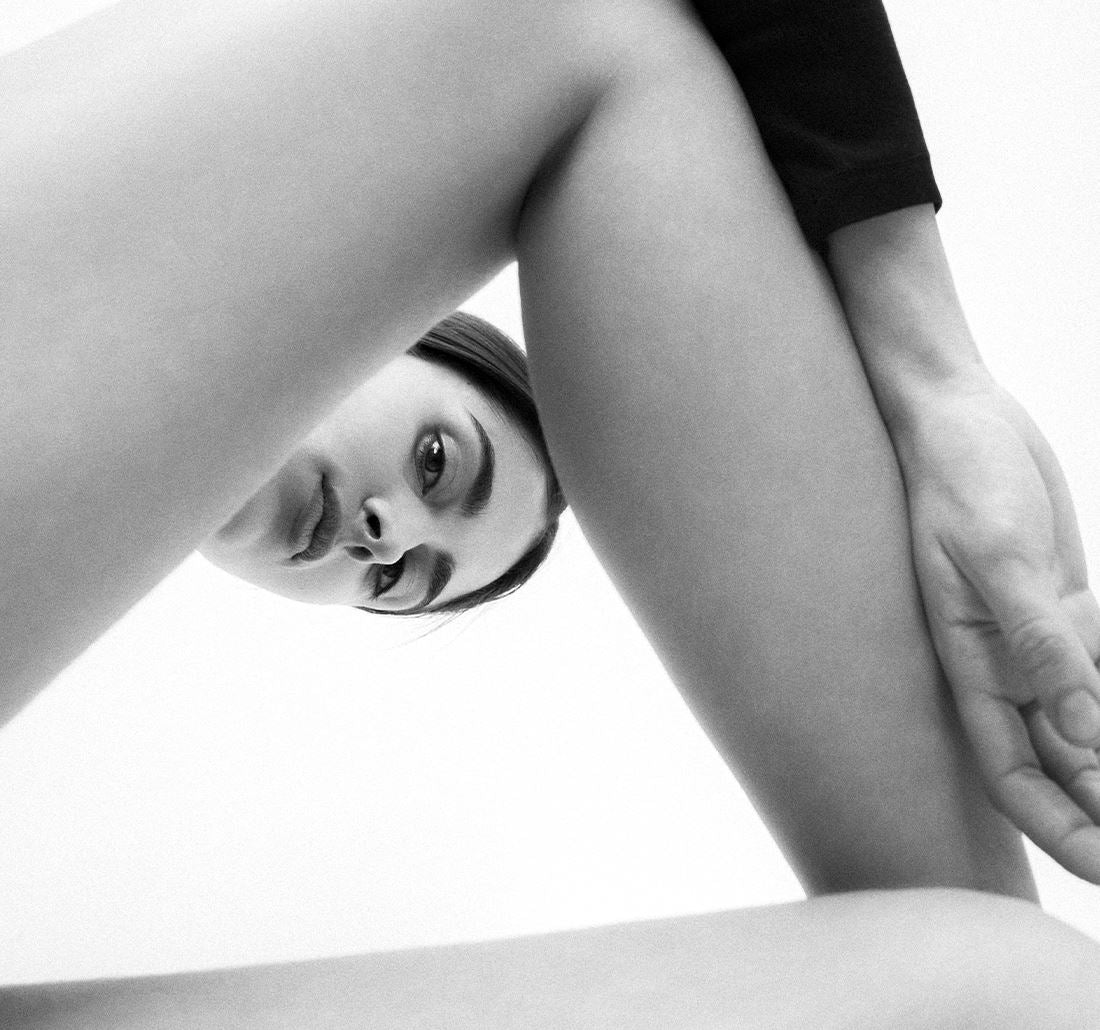SUMMARY
01. Napoleon, fan of cologne
02. Napoleon's perfume reconstructed?
Before becoming emperor, Napoleon was a soldier. He was not of royal blood and was never trained to rule like the dauphins of France. Behind this conquering and warrior figure lies a connoisseur of perfumes. Let us tell you the great love story between Napoleon and perfume.
Napoleon, a fan of cologne
Many historical accounts speak of Napoleon Bonaparte's passion for perfume, or rather, eau de Cologne. According to historian Annick Le Guérer, Napoleon consumed an astronomical quantity of it, nearly 120 liters per month! But why so much? The emperor believed in its hygienic virtues. He used it to rub himself and even drank it. Did you know that he always carried a vial of it hidden in his boot?
Bon Parfumeur invites you to discover the freshness of its colognes to understand why the emperor had a weakness for this type of perfume. 001 with orange blossom, petit grain and bergamot , the 002 with neroli, jasmine in white amber , the 003 with its delicate touches of yuzu, violet leaves and vetiver or even the 004 with gin, mandarin and musk.
Perfume has been credited with many virtues throughout the centuries, rightly or wrongly. But the constant interest in perfumes among the world's great personalities proves that this luxurious little bottle held a special place throughout the ages.
Napoleon's perfume reconstructed?
Many people want to "rediscover" the scents of historical figures. What might Louis XIV's favorite perfume, Marie Antoinette's jasmine hair oil, which earned her recognition during her escape, or the Queen of Hungary's eau de parfum made in 1370, have tasted like?
For most perfumes, it's impossible to know. Recipes haven't been preserved, and since no one can attest to the scent of the perfume, it's likely lost forever. Other recipes are still completely known, such as Guerlain's Eau Impériale, custom-made for Empress Eugénie, the wife of Napoleon III.
But sometimes it's possible to travel through time with a fragrance. Some are inspired by the limited data collected by historians, while others achieve the feat of perfectly recreating a perfume used centuries ago.
A feat achieved on the island of Saint Helena for Napoleon's perfume: the original fragrance was created by Mamluk Ali, a loyal servant of the deposed emperor who accompanied him during his exile. The perfume recipe was discovered in a bizarre manner. It was in an old chest of drawers, purchased at auction in Versailles by a friend of Jean Kerléo, the founder of the Osmothèque.
The Osmothèque, the International Conservatory of Perfumes, certifies each batch reproduced according to Mameluke Ali's recipe to ensure the quality and conformity of the perfume. In the 21st century, it is still possible to wear the same perfume as the exiled emperor in 1819. It is the one and only olfactory testimony the world has been able to preserve of Napoleon Bonaparte.
Want to wear a scent reminiscent of the emperor's? Find cloves as a heart note in our 902 Armagnac, blond tobacco and cinnamon , and rosemary in our 701 eucalyptus, coriander, cypress . Even without a crown, you will have an imperial scent.
Discover all the secrets of Louis XIV and perfume , and learn everything you need to know about Kings and perfume , or the history of perfume with our articles.









